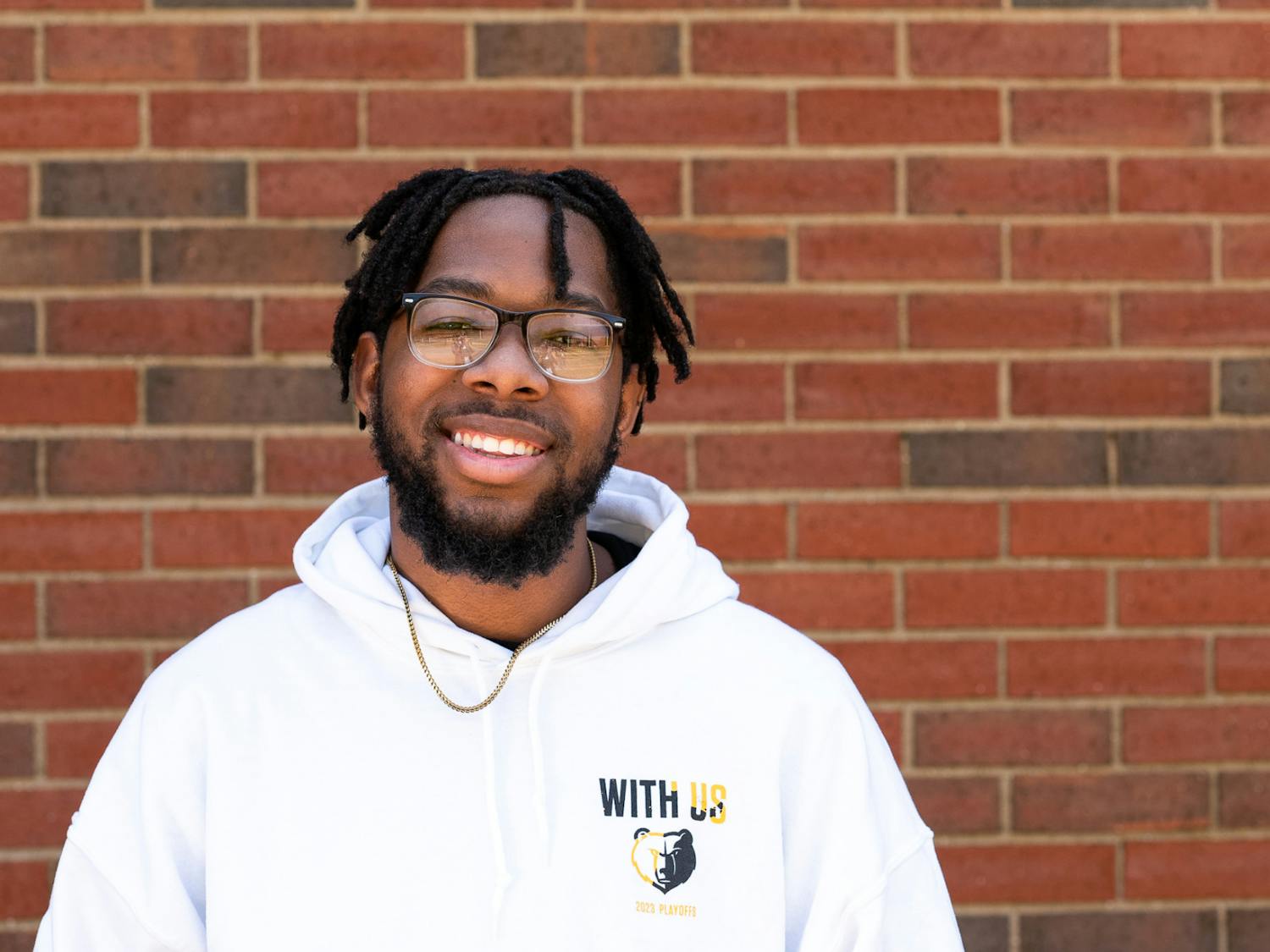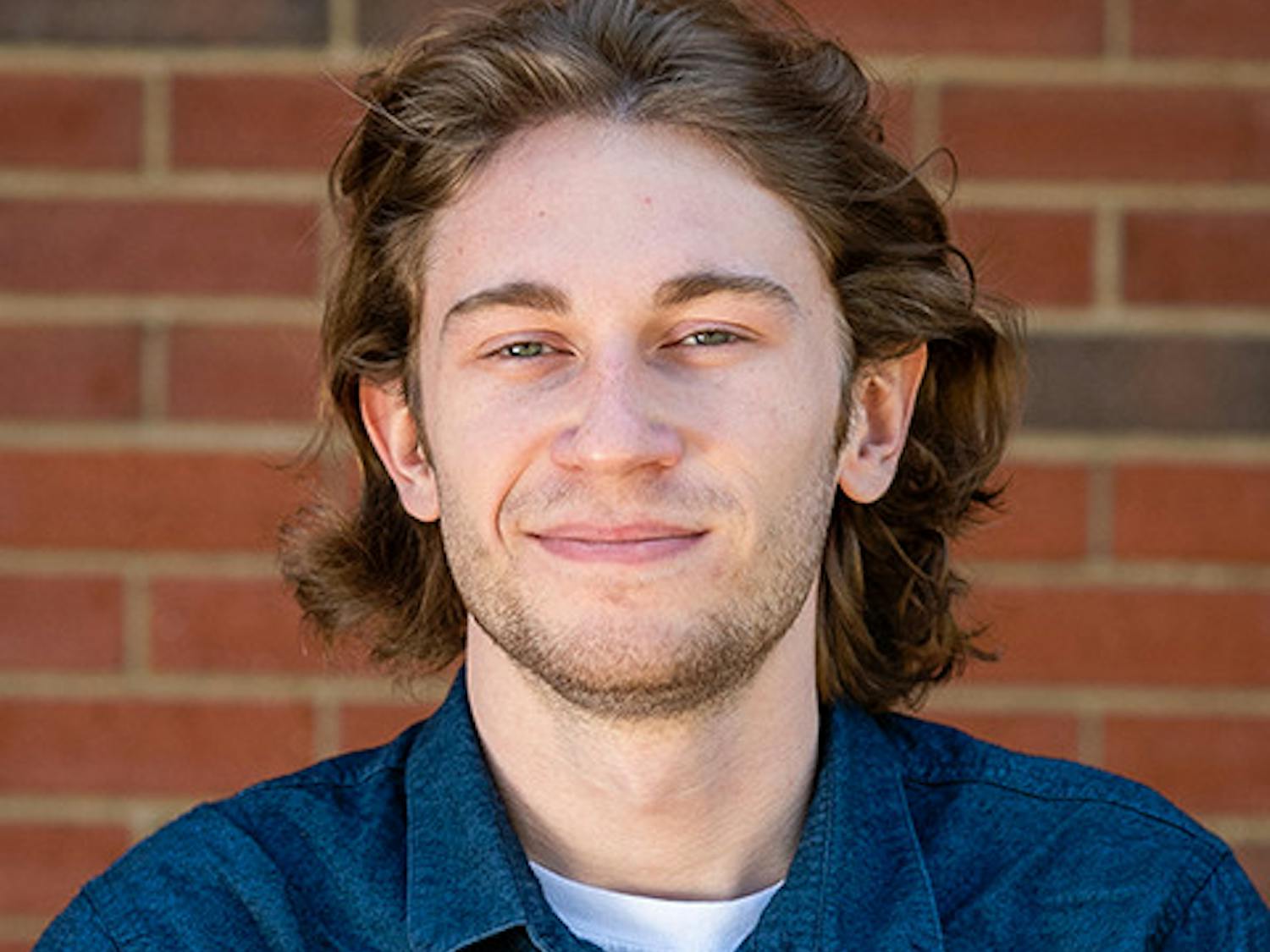With the start of the fall semester just around the corner, many students are securing their housing arrangements, registering for courses and making sure they can pay their tuition on time. Since March, the University of Memphis campus has been open, but students finished the spring semester online and all summer courses were remote. After months of uncertainty, President David Rudd officially announced on July 30, 2020, that for the first 30 days of the fall semester, “the vast majority of scheduled offerings are currently listed as hybrid courses.”
The campus will remain open, including dining facilities, and campus housing will still be available to the students who need it.
In addition to the announcement of the phased opening plans for the fall semester, the University of Memphis also released guidelines for students to follow to ensure the health and safety of the student body. These guidelines include social distancing, mask policies, and self-monitoring symptoms if a student is ever exposed to someone who tests positive for COVID-19.
Some students raised concerns with hybrid course delivery, as some courses are more effective with face-to-face instruction.
Mellodee Hooker, a junior mathematical science major, raised concerns about her professors’ abilities to interact with their students through remote learning and their abilities to make their courses as efficient and effective as possible.
“Most of my homework can be done online, but it is definitely harder to switch online because it forces the professors to be more interactive with students,” Hooker said. “They need to be able to show and demonstrate math proofs and theorems instead of just writing it down and making us learn through lecture notes.”
Communication between students and university staff seems to be an important concern throughout the student body. While some students were satisfied by the few emails that were sent out, some feel that the university’s communication did not capture the severity of the pandemic.
“With having to deal with a summer that was full of racial injustices, tension and trauma, I do not believe that this university took the time that it should to relieve us of the worry that we would have to return back to school ‘business as normal,’” said senior music business major Jordan Dodson.
During the summer, students searched for answers on what safety protocols would be in place, how classes would continue, and the overall operation of the campus, only to find a COVID-19 information page on the University of Memphis website that was updated less than 10 times since the end of the Spring 2020 semester.
“With me being a full-time student, relying on my refund check to survive in the middle of a pandemic, I felt that my back was against the wall either way,” Dodson said. “I am sure that a lot of students, professors and incoming freshmen feel the same way. Dr. Rudd’s negligence will lead to a low retention rate.”
Some students have shared that they may take a gap semester or gap year due to classes being remote for an undetermined amount of time. Students will still be charged the same for tuition, even with the online fee waiver. However, it can only be used for solely online courses, not the face-to-face classes that changed to remote synchronous or asynchronous delivery.
“Over the course of a two-month summer, I received five—maybe six—emails from the U of M Alert system and the President. In the past month, I received more than ten alerts to pay tuition and fees,” sophomore music and bassoon performance major, Julian Rice, said.
A significant number of students that are dependent on financial aid are concerned that the University of Memphis is focused on finances rather than their students’ health and safety.
“For the university to be so concerned about students paying their balances, it makes me question if my university actually cares about my health and the health of other students as we battle a nationwide pandemic,” Rice said.
These concerns within the student body should be addressed. The COVID-19 pandemic is highly unpredictable, and the physical, mental and financial welfare of students, staff and faculty should be considered when the university makes decisions regarding campus operation.
“I hope that our university will realize that it serves us. Our minds and voices matter. We make the university what it is,” Dodson said. “I hope that more students will recognize our power and demand systemic change on our campus.”
Overall, students feel that the University of Memphis needs to ensure that students can succeed even in circumstances such as this global pandemic.
“[Dr. Rudd] needs to shut down as many facilities and programs that require face-to-face communication as possible. He needs to make it nearly impossible to get this life-threatening disease,” Dodson said. “But this trickles down from a local government and state government level. And frankly, Memphis has lacked the leadership on both levels, and our leadership in this school reflects that.”



